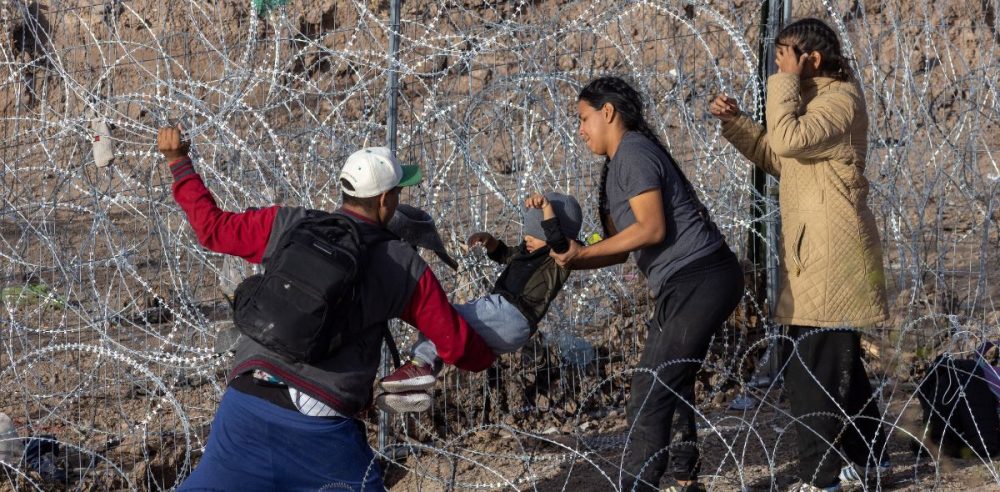(Texas Scorecard) – Lawmakers in the Texas House are considering a proposal requiring state law enforcement to conduct rapid DNA tests on certain suspicious individuals trying to enter the country.
Brought before the House Committee on State Affairs on Monday, representatives debated and heard testimony on House Bill 256, filed by State Rep. Terri Leo Wilson (R-Galveston).
Leo Wilson told the committee that HB 256 seeks to address a longstanding issue at the southern border—adults trafficking children and fraudulently claiming to be their parents in order to enter the country illegally.
The measure would authorize the Texas Department of Public Safety to enter into an agreement with the United States Department of Homeland Security to conduct the testing, but “only when there is reasonable cause that a claimed parent-child relationship is fraudulent.”
“Rapid DNA testing has proved to be an effective tool in both protecting children from being trafficked and by identifying fraudulent migration schemes,” argued Leo Wilson, who said the sample would be collected via “a buccal swab.”
The test, which takes only 90 minutes to yield results, could also “quickly reunify family units,” she added.
HB 256 explicitly prohibits the creation of a DNA database by state law enforcement officials as a result of the testing and mandates that all biological samples be destroyed after testing.
Leo Wilson’s proposal would apply not only to apprehended illegal aliens but also to anyone entering Texas from Mexico who is deemed suspicious by border security agencies.
State Rep. Drew Darby (R-San Angelo) asked Leo Wilson how her measure accounts for situations in which an individual’s guardian is not their biological parent, such as in cases of adoption.
Leo Wilson acknowledged Darby’s concern and said that she would be willing to work on an amendment to provide greater clarity on how law enforcement should handle those situations.
Ammon Blair, a senior fellow at the Texas Public Policy Foundation, testified in favor of HB 256. Blair has previously served in both the U.S. Army and the U.S. Border Patrol.
“I witnessed firsthand how cartels weaponize our humanitarian policies against us, using children as commodities in a system designed for their protection,” said Blair.
Several lawmakers took issue with the measure’s lack of a fiscal note, including State Reps. Ken King (R-Canadian) and Charlie Geren (R-Fort Worth).
“If we don’t get a contract with the feds, which would include them picking up all the costs, either this bill doesn’t go into effect, or there’s a huge fiscal note, is that right?” Geren asked.
“That’s correct. Yes, sir,” responded Brady Mills, the committee’s resource witness who testified neutral on the measure on behalf of the Texas DPS crime lab.
Krystal Gomez, representing the Texas Immigration Law Council, testified against HB 256, arguing that the proposal insufficiently accounted for familial relationships that are not biological.
“Familial relationships, for the purposes of immigration law, can be established due to step-parent relationships, adoption, which obviously would not provide positive DNA results,” said Gomez.
HB 256 attempts to build on a pilot program initiated by U.S. Immigration and Customs Enforcement in May 2019 that provided rapid DNA testing at select border checkpoints.
According to statistics organized by Leo Wilson, in one three-day pilot operation, 16 out of 84 suspected families were found to be fraudulent.
The Biden administration had largely phased out the pilot program by 2023.
Leo Wilson’s measure was left pending in committee until a later date.


